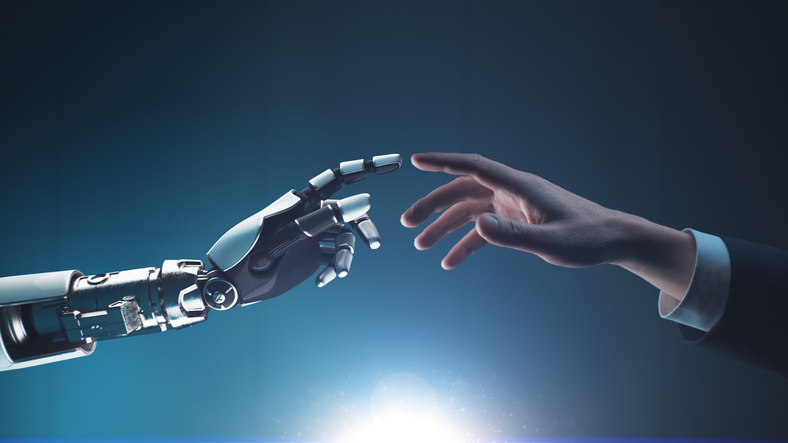 Artificial Intelligence, AI, is one of the most exciting and rapidly growing fields of technology in the world. It has come to the forefront of technology innovation because of its significant capacity to revolutionize numerous industries such as healthcare, education, retail, finance, and many others. artificial intelligence (umělá inteligence)has transformed from being a mere concept into a full-fledged technology that has a significant impact on our daily lives. In this article, we will go through the history of AI from its emergence to its current state and the potential it holds in the future.
Artificial Intelligence, AI, is one of the most exciting and rapidly growing fields of technology in the world. It has come to the forefront of technology innovation because of its significant capacity to revolutionize numerous industries such as healthcare, education, retail, finance, and many others. artificial intelligence (umělá inteligence)has transformed from being a mere concept into a full-fledged technology that has a significant impact on our daily lives. In this article, we will go through the history of AI from its emergence to its current state and the potential it holds in the future.
The past of AI dates back to the 1950s, when computers were just being invented. AI started from a simple idea of modeling the human brain and creating machines that could mimic human thought processes. However, the limitation in computer processing power limited its development. During the 60s and 70s, AI saw tremendous improvement through the introduction of machine learning, symbolic reasoning, and expert systems. Sadly, the limitations of technology remained an obstacle to AI’s growth, and it hit a dead end.
In the 1980s, the internet was introduced, ushering in new opportunities for AI. A foundation for the growth of AI was laid that saw significant development in the 1990s. There were advancements in AI techniques that brought about the creation of intuitive machine intelligence, characterizing AI’s second generation. There were groundbreaking developments in natural language processing, computer vision, and robotics.
Over the years, AI has grown and developed, experiencing massive ground-breaking advancements. In recent times, AI has made exceptional strides and has led to the creation of intelligent personal assistants, such as Siri, Alexa, and Google Assistant. Others include automated chatbots, predictive personalization, and intelligent recommendation systems. The growth of AI has brought about data-driven decision-making, increased efficiency, productivity, and a better experience for customers.
In the future, AI has endless possibilities and potentials. It is expected to bring about autonomous vehicles, personalized medication, and intelligent products. AI is expected to facilitate the development of autonomous delivery systems, automated farming, and more conventional and accurate weather forecasting. It is also expected to play a crucial role in climate change mitigation through intelligent resource management and monitoring systems.
The potential of AI to revolutionize the world’s health sector is immense, providing remote healthcare services, developing better-performing drugs using machine learning. AI innovations such as the blockchain ecosystem, big data, and cloud computing will soar and create limitless possibilities for the development of intelligent systems.
Conclusion:
In conclusion, AI has come a long way and has brought about significant changes in the world. It started as a mere idea, but today it is a vitally essential aspect of technology innovation. It has the potential to create numerous opportunities and transform several industries, bringing about efficiency, productivity, and better customer experiences. AI’s future is limitless, and its potential to revolutionize the world is limitless. Its growth and development are set to continue, and we, technologists, must embrace and drive its growth to harness its full potential.



